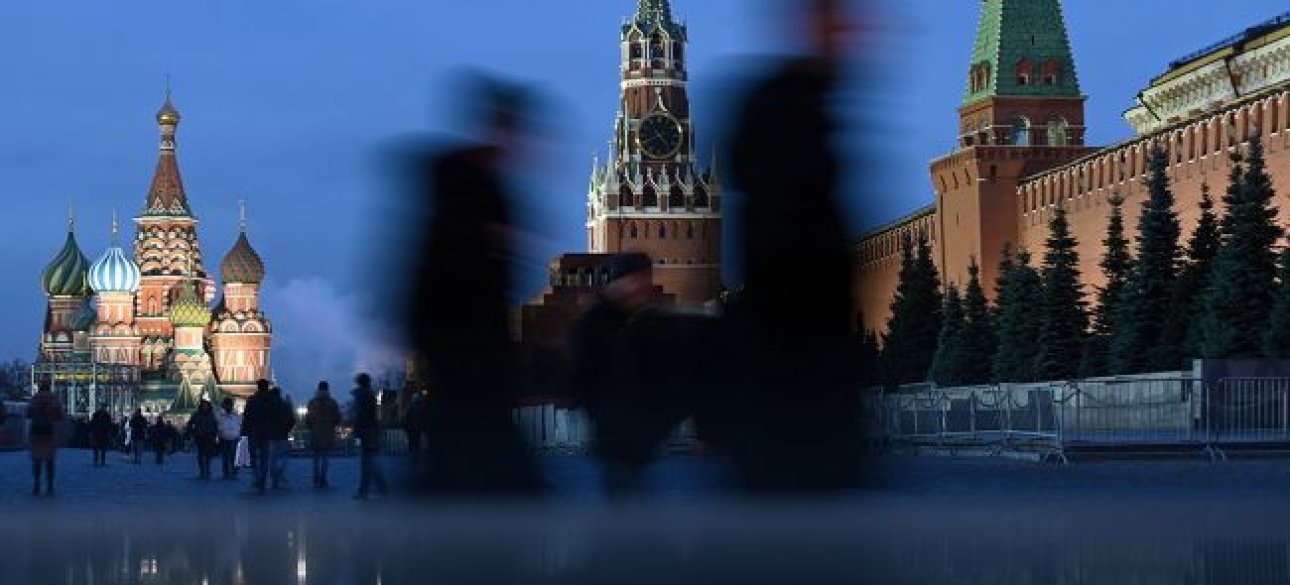
 By Victor Duda
By Victor Duda
Neither the invasion of Ukraine into the Kursk region, nor the latest Western sanctions, seems to cause dissatisfaction among the "ordinary" citizens or the wealthy population of the largest cities of Russia. This was a surprise for many Western politicians and Russian dissidents who put some hopes for the dissatisfaction of the Muscovites and St.
Petersburg "Economics of War", as such attributes of luxury as Western boutiques, unlimited Internet use and even light trips to European capitals disappeared. However, although Russia has become much more cut than the west - it is possible to get to Paris or Berlin only through Istanbul or Doha, and to access the "forbidden" sites requires VPN, all of which annoying too few people to cause some significant reaction.
How can such silence in those Russian communities that are considered to be the most westerized throughout the country? I would propose a rather paradoxical answer. Moscow and other Russian metropolitan areas have become much more westernized in recent years, despite the fact that Russia seems to be the most desperate opponent of the event.
Looking at Moscow, we see not only a huge concentration of wealth, through which the capital brings 20% of all taxes to the federal budget of Russia, but also the rapid modernization of urban infrastructure and the development of various digital services, which are almost nowhere else. Western sanctions imposed in 2022 led to a sharp fall in Russian exports of capital. Almost all the money that was previously directed to elite European real estate, instead, began to flow into Moscow, St.
Petersburg and their suburbs. Since 2021, the average cost of an apartment in Moscow has increased by 43%, and the city authorities have invested huge funds in the development of transport infrastructure and stimulating private business in the field of services to meet more demand.
Over the last ten years, 78 new stations of the Moscow subway have been built-more than in the previous four decades, and the suburban trains have been integrated into a wider railway system that now resembles a Métro-Rer Paris network. The city has the largest park of full electric buses of local production in Europe, and river electric trams strengthen Moscow's transport infrastructure.
Despite the fact that Visa and Mastercard suspended their activities in Russia, the Russians continue to use the Central Bank instantaneous payment system that allows you to transfer any amount of money immediately and without a commission using a mobile phone number as an identifier. The capital cities of Russia are ahead of European metropolitan areas for use in financial transactions with QR code and face recognition, and mobile connection in Russia remains the cheapest and fastest in Europe.
The grocery stores feature the same range of products as before the war, including French wine and Italian confectionery products. In addition, delivery of products and goods home autonomous bots is a common matter. Of course, the consequences of the war are still felt in the largest regions of Russia. For example, mass emigration of 2022 and an increase in the number of mobilized in military service led to a lack of labor. But in Moscow and St.
Petersburg, the number of those who are sent to the war is not too large, since the locals do not attract even record pre-payment bonuses offered to volunteers. Meanwhile, increasing demand contributes to the growth of local salaries. Moreover, in recent months, the proposals of work have become so attractive that many Russians who have left the country at the beginning of the war are now returning and not being able to integrate into European society.
Even Western celebrities, such as Jeffrey Saks, are involved in glamorous international events, including the recent Brix City Future Forum, which has come to dozens of mayors of Asia, Africa and the Middle East. Of course, Russian metropolitan areas were always different from the rest of the country. But nowadays it is possible to trace their development to understand why Russian citizens are able to become increasingly secured, while their country is at war with the closest neighbor.
As I argued 15 years ago in Le Monde, Russian post-communist society became extremely individualized and oriented, as the late Polish-British sociologist Sigmunt Bauman said, on a personal solution to systemic contradictions. These people are not as concerned as the departure of liberal Russians and welcome the positive economic changes they observe in their daily lives.
This economic progress, partly provoked by the confrontation policy of the event, has undermined the anti-Putin sentiment in the country much more than any other factor. To date, it has outweighs the reduction of political freedoms in the country in recent years - since few people claim these freedoms, and everyone is experiencing economic prosperity. Thus, the West's attempt to blow up Russia economically has led to the opposite result since 2022 - at least so far.










All rights reserved IN-Ukraine.info - 2022